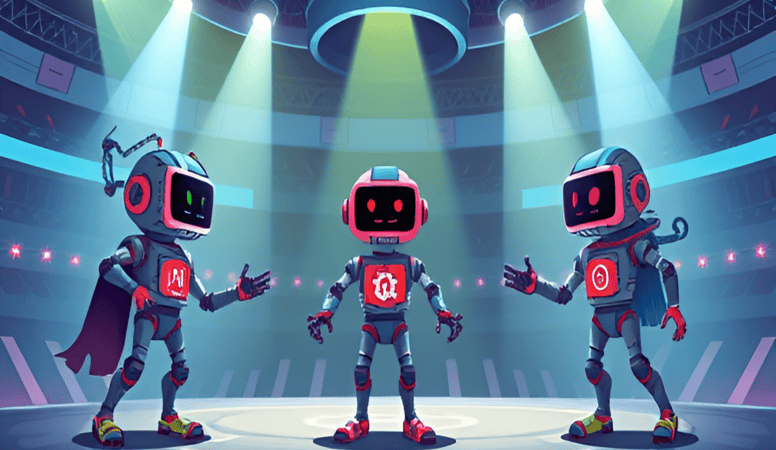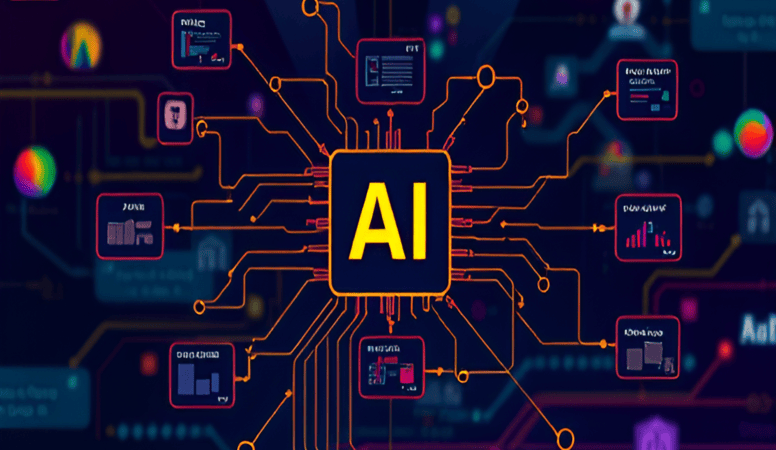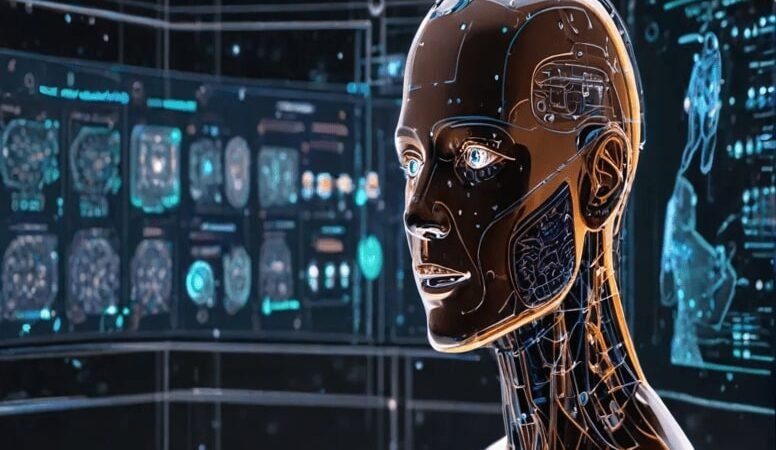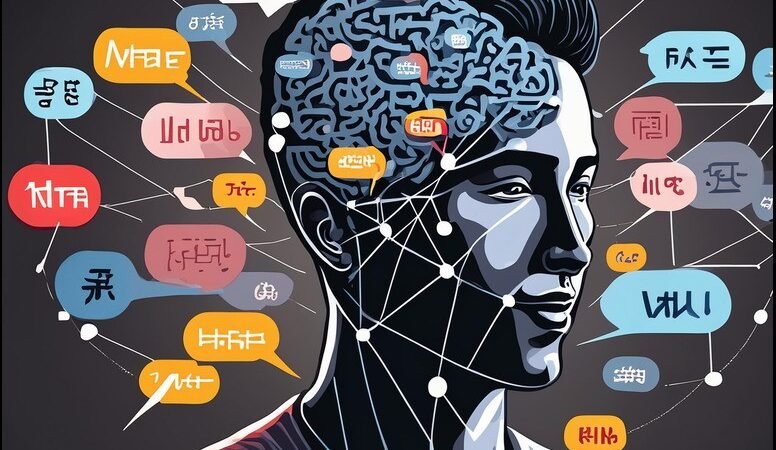The Origins of Artificial Intelligence
In the initial days, philosophers and scientists have been fascinated by the idea of artificial intelligence (AI) for ages. There are ancient myths and stories that suggest machines could replicate human intelligence. But, A formal study of AI began in the mid-20th century. Alan Turing, a pioneer in computer science, proposed the idea of machines that could think and learn, setting the stage for future developments.
Early Milestones and Theoretical Foundations
The 1950s and 1960s saw significant advancements in AI, primarily through the work of researchers like John McCarthy, who coined the term “artificial intelligence”, During this period, the development of early AI programs, such as the Logic Theorist and the General Problem Solver, demonstrated the potential of machines to perform tasks requiring human-like reasoning.
The Advent of Machine Learning and Expert Systems
The 1970s and 1980s marked a shift towards machine learning, where systems could improve their performance based on experience. Expert systems, designed to mimic the decision-making abilities of human experts, became prominent. These systems were widely used in industries such as medicine and finance, showcasing the practical applications of AI.
The Rise of Neural Networks
During the 1980s and 1990s, neural networks gained popularity, inspired by the structure of the human brain. These networks could process vast amounts of data, enabling more complex pattern recognition and decision-making processes. The development of backpropagation algorithms significantly enhanced the capabilities of neural networks, leading to breakthroughs in speech and image recognition.
The Big Data and Deep Learning Era
The 21st century ushered in the era of big data and deep learning, revolutionizing AI once again. With the exponential growth of data and advancements in computational power, deep learning algorithms could analyze and interpret data at unprecedented scales. This period saw remarkable achievements, such as the development of self-driving cars, advanced robotics, and AI-powered personal assistants like Siri and Alexa.
Current Trends and Future Prospects
Today, AI is continuing to evolve at a rapid pace. Innovations in natural language processing, computer vision, and reinforcement learning are pushing the boundaries of what AI can achieve. Ethical considerations and the responsible use of AI are becoming increasingly important as the technology integrates deeper into our daily lives. The future of AI promises even more groundbreaking developments, with the potential to transform industries and improve the quality of life worldwide.
Artificial intelligence has come a long way from its theoretical origins to becoming an integral part of modern technology. Understanding its history helps appreciate the profound impact AI has on society and its potential for future advancements.








